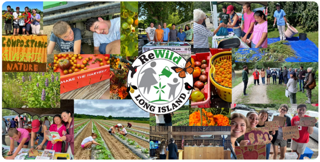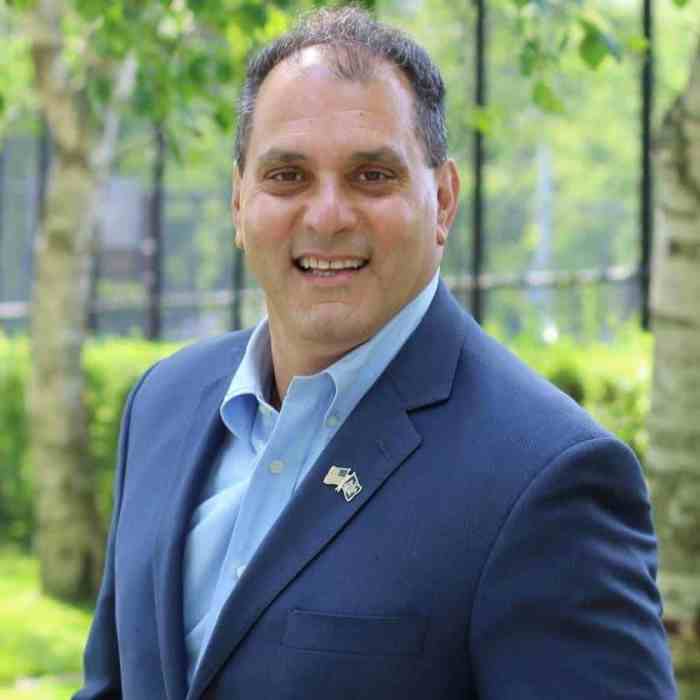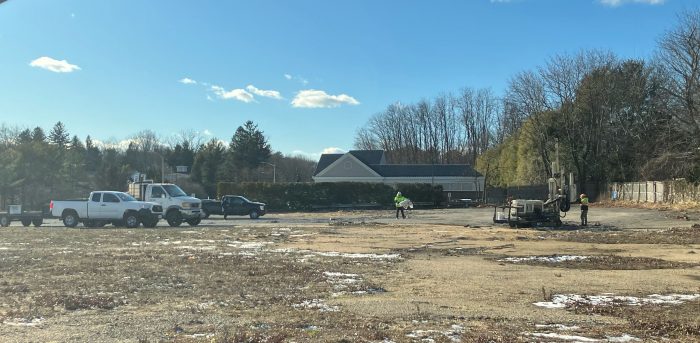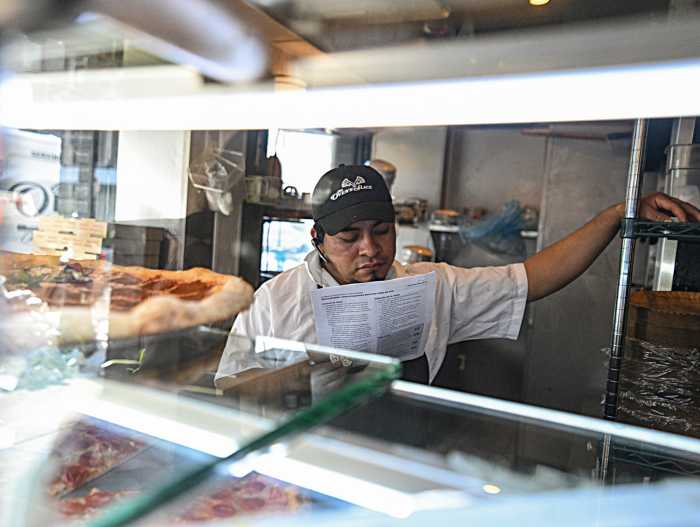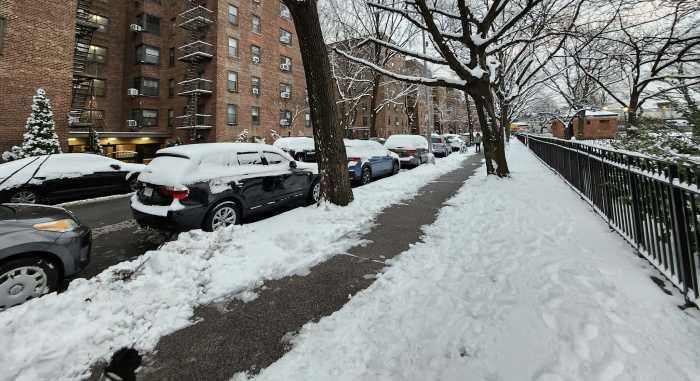Rewild Long Island will engage 60 high school volunteers to the “rewilding,” a process which seeks to recreate the natural environment for native species. The students will work with the organization beginning on Saturday, June 28, and participate in a multitude of projects throughout the summer to help preserve the natural environment and grow food locally.
“All of them have this common thread of either helping biodiversity, combating climate change or helping reduce food insecurity,” said Raju Rajan, president of the organization.
Rewild Long Island was founded in 2019 and is partnered with Rewilding America Now, a national nonprofit, this year for the first time.
“The timing is right,” said Manda Kalimian, the organization’s founder. Rewilding America Now is an organization that works to recreate the natural environment in public and private lands and appropriately rehome wild horses.
Rajan said the summer program was born from the COVID-19 pandemic in an attempt to get students involved in the outdoors while curbing food insecurity on Long Island. Students learned how to grow vegetables and then harvested them to donate to local food pantries.
At first, he said the program primarily focused on understanding native species and planting, but has since evolved to include other activities, like testing water quality, working with oysters in the bay and raising monarch butterflies. Now Rajan said it’s like a “big buffet” of activities for teens to chose from.
Kalimian said she admires the program because it “revolves around the youth.”
Rajan said his favorite part of the program is seeing students return in later years, after they have aged out, as counselors and interns. He said the cohort organizes different events, activities and projects throughout the summer, using many of the tools they received in their own time at camp.
“Firstly, we educate them and then they contribute with their volunteering, and then they become organizers and activists and really take it to the next level,” Rajan said.
Kalimian said getting the youth involved in the environment is “key.”
“It’s the future,” said Kalimian.
The program will kick off on Saturday, June 28 at Kalimian’s farm in East Norwich, where she will showcase her work at the local and national level to the group of 60 teens.




